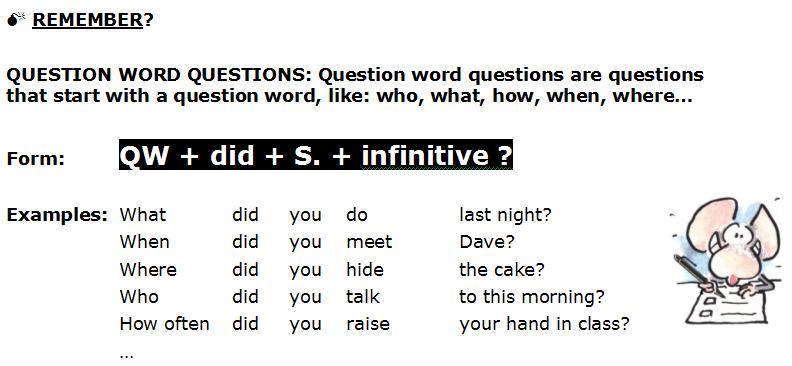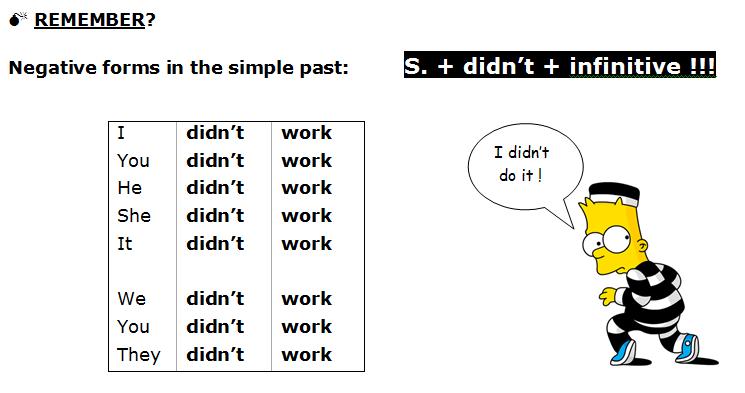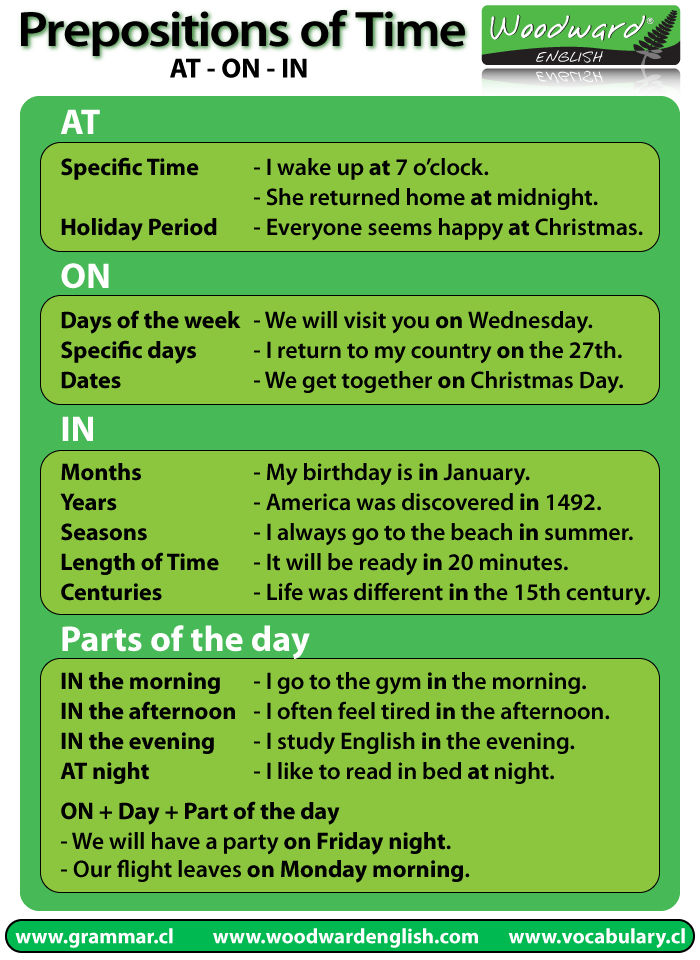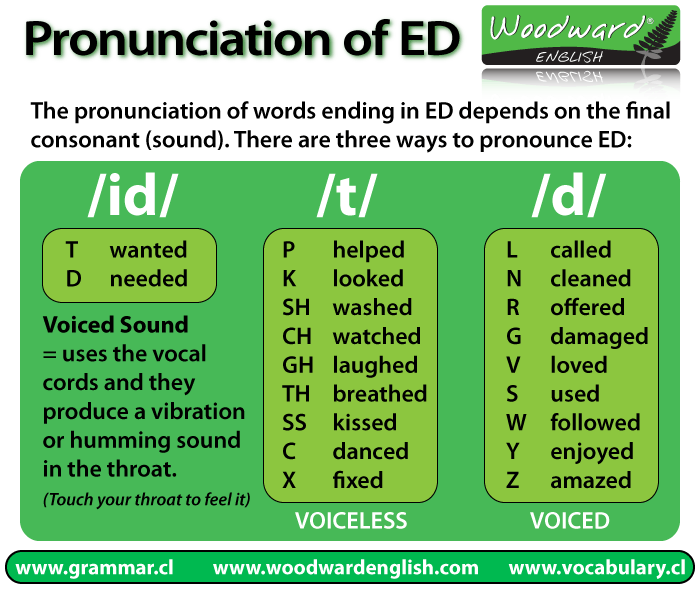 http://learnenglishkids.britishcouncil.org/es/grammar-games/modals-can-and-cant
http://learnenglishkids.britishcouncil.org/es/grammar-games/modals-can-and-cant
http://www.1-language.com/englishcourse/unit18_grammar_exs.htm
http://www.englisch-hilfen.de/en/exercises/questions/can3.htm
http://www.ecenglish.com/learnenglish/lessons/can-or-cant
http://first-english.org/english_learning/english_beginners/can_can_t_exercises/a_can_can_t_exercises.htm
Can and can't - rules and exercises -
Auxiliary verbs.
Learning English
|
Auxiliary verb can (positive) and can't
(negative)
Use can, when you ask someone to do things.
Use 'can' to talk about 'possibility'.
Allways use can with another
verb.
I can = I know to do something. / I know that something
is possible for me.
I
can
write a letter.
Form the negative
Add "not" after can to form "cannot".
can + not = cannot
When we are speaking, use 'can't'!
You can contract the negative:
can + not = can't
(normal use)
| Present
Simple |
Present Simple negative |
|
I
can
write a letter.
You
can
write a letter.
He / She /
It can
write
a letter.
We
can
write a letter.
You
can
write a letter.
They
can
write a letter.
|
I
can't
write a letter.
You
can't
write a letter.
He
/ She / It
can't
write
a letter.
We
can't
write a letter.
You
can't
write a letter.
They
can't
write
a letter.
|
Questions and short answers with can
|
Questions |
Short form
positive
|
Short form
negative
|
|
Can
I
write a letter?
Can
you
write a letter?
Can
he / she / it
write
a letter?
Can
we
write a letter?
Can
you
write a letter?
Can
they
write a letter?
|
Yes,
you can.
Yes, I
can.
Yes, her
can.
Yes, you
can.
Yes we
can.
Yes they
can.
|
No, you can't.
No, can't.
No, can't.
No, you can't.
No, we can't.
No, they can't.
|
| Present
Simple negative |
Present
Simple negative |
|
I
can
write a letter.
|
I
cannot
write a letter.
|

 NEGATIVES
NEGATIVES











 tienen plural: friend-friends
tienen plural: friend-friends







